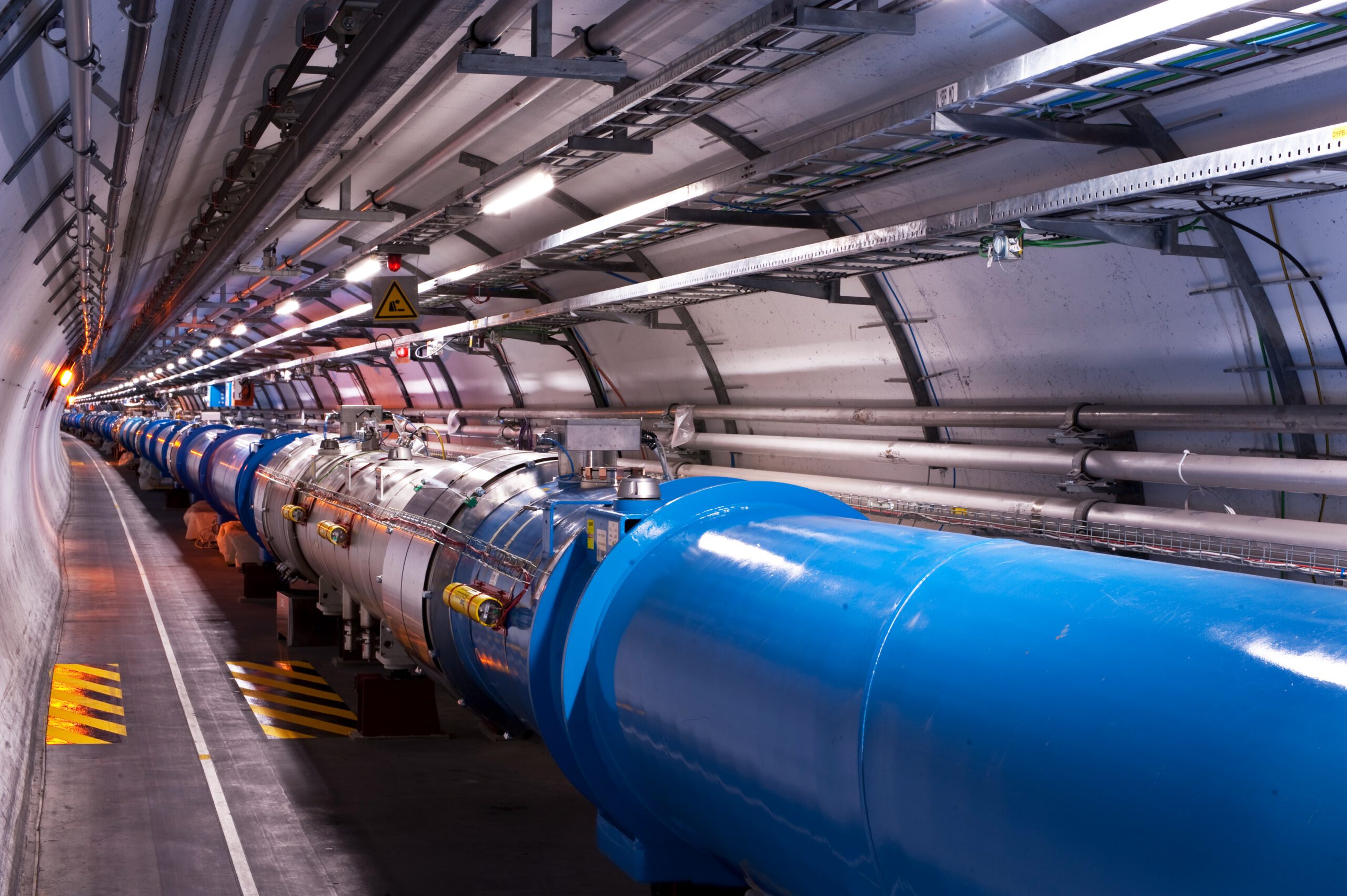A revolutionary wood-based material that outperforms steel in strength-to-weight ratio is about to transform the construction industry as we know it. InventWood, a University of Maryland spinout, announced on May 12 that it’s gearing up for mass production of MettleWood, a processed timber product that’s 12 times stronger than natural wood while remaining lightweight and biodegradable.
This innovative material could potentially reshape how we build everything from skyscrapers to furniture. By removing lignin—the component that makes wood rigid—and compressing the remaining structure at high temperatures, InventWood creates a dense network of tightly bonded cellulose fibers that delivers exceptional strength without the environmental drawbacks of traditional construction materials.
What sets MettleWood apart isn’t just its impressive physical properties. Unlike steel manufacturing, which releases significant carbon dioxide during production, this innovative wood product is carbon-negative, actually storing carbon rather than contributing to emissions. For architects and builders increasingly focused on reducing environmental footprints, MettleWood may represent a promising alternative to carbon-intensive materials.
The potential applications could extend beyond traditional construction. According to InventWood, the material’s properties would theoretically make it suitable for furniture design, potentially allowing for stronger yet thinner pieces. Similarly, the automotive industry might benefit from lightweight frames that could help reduce vehicle emissions, though no specific partnerships have been announced in these sectors yet.
With a fresh $20 million Series A funding round led by Breakthrough Energy Ventures—the climate investment fund chaired by Bill Gates—InventWood is finalizing a production facility in Baltimore. The company expects to scale to commercial production levels by late 2025, potentially introducing its wood-based innovation to various industries.
While other startups have attempted to create sustainable breakthrough construction technologies, none have matched MettleWood’s remarkable combination of strength, environmental benefits, and production efficiency. The material’s manufacturing process requires significantly less energy than producing steel or concrete, translating to both environmental and economic advantages.
For those interested in sustainable architecture, MettleWood may eventually appear in climate-conscious buildings, if adoption follows successful production. The material’s unique properties suggest architectural possibilities that weren’t previously achievable with traditional wood, potentially opening new avenues for innovative design that prioritizes both aesthetics and environmental responsibility.
Whether you’re an architecture enthusiast or simply someone concerned about climate impact, InventWood’s breakthrough represents a promising material innovation—demonstrating that sometimes the most forward-thinking solutions come from reimagining the most familiar materials around us.




























